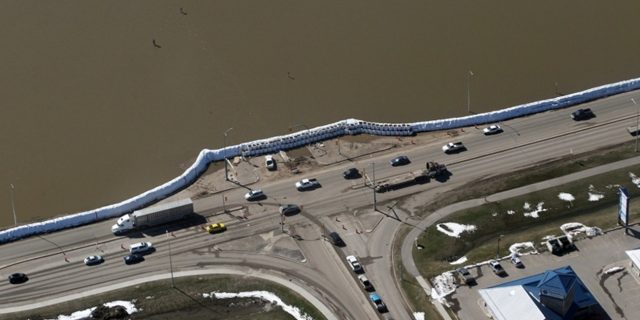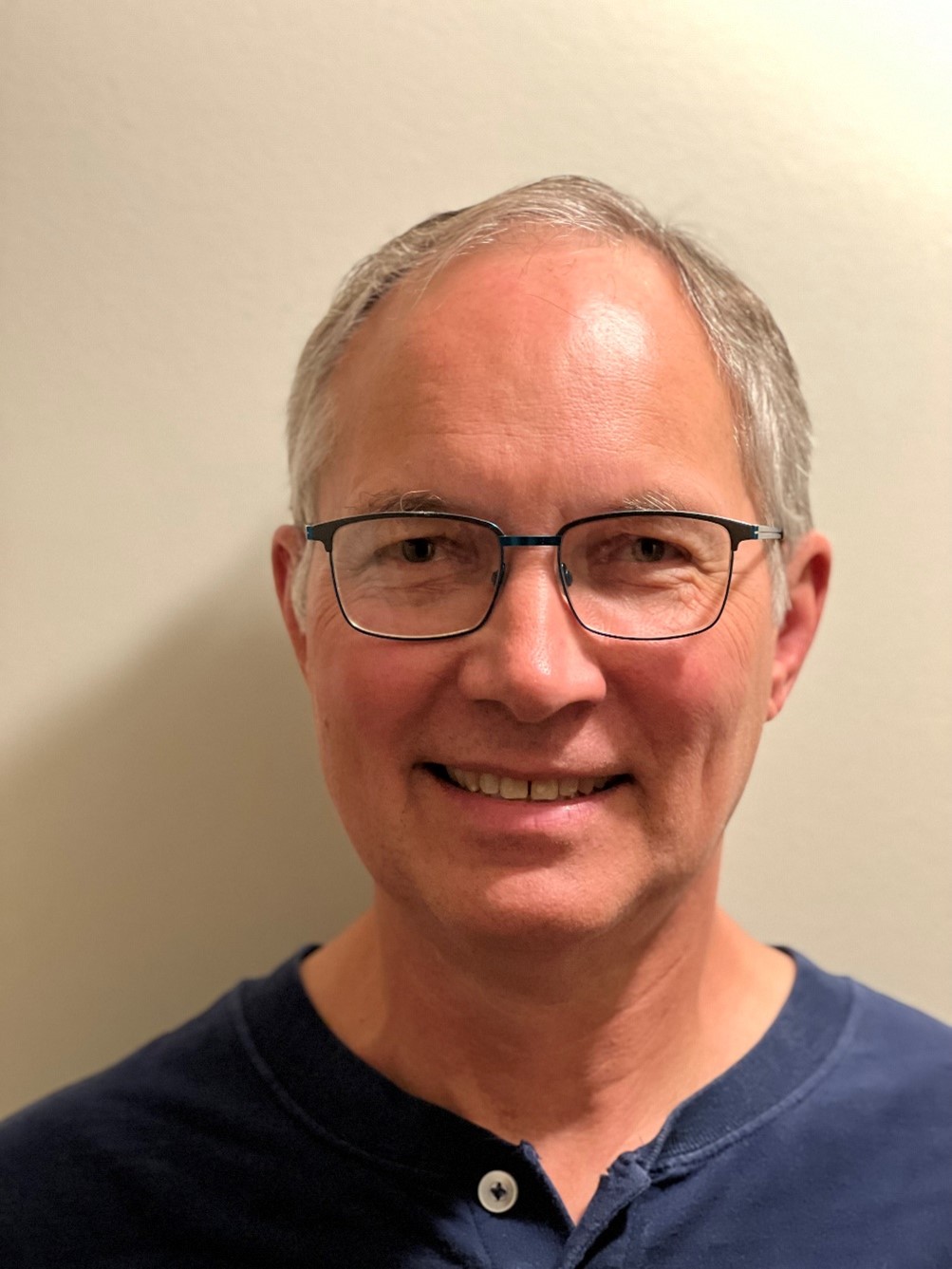
By
Etsuko Yasui and Brian Kayes
October 2022
Print Version
What you need to know
“Recurrent disaster experiences can motivate communities to initiate risk management as part of their resilience mechanism if there is appropriate support to assist their shared commitment and goals. This scenario was evident in the City of Brandon's (Manitoba, Canada) response to the one-in-300-year high-water event during the spring of 2011. This study examined how this small prairie city/community achieved the creation and preservation of locally driven flood risk management practice and the critical role of the Brandon Emergency Support Team (BEST), a community-based disaster risk management organization, in facilitating enhanced risk awareness towards protecting the city from flooding.” (Yasui & Kayes, 2021).
Why this research is important
Living with flood risk in Manitoba seems like something we cannot avoid, but no one wants to experience it. What shall we do? Are there ways we can learn to minimize the risk? While we know how flood events devastated communities in Manitoba, we do not know much about how small towns and rural cities managed floods and averted potential losses. Focusing on the Brandon Emergency Support Team (BEST), a community-based group, the study investigated how the contribution of BEST helped the city to cope with the 2011 Brandon high water event. BEST was created in 1998 by a small number of individuals who cared about community safety that wanted to find ways to protect the city from potential emergency events. Today, BEST is one of the unique community-based organizations in North America that plays a critical role in engaging the public to improve risk communication for responding to and preparing for disasters. They distribute educational materials to the residents, broadcast emergency updates on newspapers and radio, and publish seasonal advertisements on billboards and local magazines. They have helped to install the 11 siren systems in the City of Brandon, which are tested on the first Wednesday of every month. As the organization has grown, it now has diverse representatives from public and private sectors, including the local government, military, police, fire department, railroads, public health, school boards, university, businesses and industries, non-profit organizations, and media.
How this research was conducted
We wanted to ask individuals involved in the response activities to see how they took part in this demanding work. We distributed the survey questions and were able to collect 47 responses (67% response rate). We asked how they understood the potential flood risk, where they found the information, and how they shared it with others. Through a survey of emergency first responders and BEST members, we wanted to know how these individuals played a role in the community while working with others from different organizations and expertise.
What the researchers found
The study found that the 2011 Brandon high water event was a prime example of how this local community group assisted the city in preventing the possible one-in-300-year flood event from becoming a disaster. It also argues that small and medium-sized rural towns and cities are vulnerable to extreme weather conditions, as they have limited access to resources to protect them. This circumstance could accelerate the future disaster risks due to the intensified climate change impacts and rapid migration trend to urban cities. This research can be useful for communities facing extreme weather conditions to utilize their existing resources while working with community-based groups to enhance their resilience to disasters.
How this research can be used
Etsuko continues to study the disaster experiences of small rural communities in Manitoba. Due to the current flooding conditions and ongoing stormy weather, the research is making slow progress, but she is trying to learn from communities in the Westman region that experienced the 2020 flood.
About the Researchers
Keywords
- community-based organization
- emergency management
- flood risk
- Manitoba
Editor: Christiane Ramsey
Read more BU Research
Research at Brandon University follows comprehensive policies designed to safeguard ethics, to ensure academic integrity, to protect human and animal welfare and to prevent conflicts of interest.


